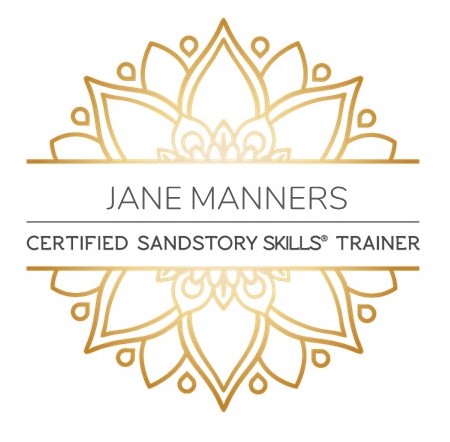Walking through my door
This course is designed to help individuals that want to work with both challenging and vulnerable children and young people. The course is based on what skills you already have and how these need to be utilised in order to work both Professionally and productively with them.
Table of Contents
Introduction: Looking and walking through my door.
Module 1 Self Awareness
Part 1 Knowing Myself
Part 2 My Skills Set
Part 3 My Personal Development Plan
Module 2 Communication
Part 1 Understanding Communication
Part 2 Methods of Communication
Module 3 Observations
Part 1 Kinesthetic skills used within observation
Part 2 Auditory skills used within observation
Part 3 Visual Cues used within observation
Part 4 Observational skills…
Module 4 Triggers
Part 1 Knowing your triggers
Part 2 Knowing the young person’s triggers
Module 5 Boundaries
Part 1 What are they… The 3 P’s
Part 2 Healthy Boundaries
Part 3 Unhealthy Boundaries
Module 6 Environmental issues
Part 1 Think about where you are
Part 2 Think about the audience
Part 3 Consider the Young Person’s feelings needs and understanding
Module 7 Resilience
Part 1 Choosing the right pathway
Part 2 Coping
Part 3 Letting Go of the day
It will remind you of the skills you already have and allow you to develop within them.
Testimonials
The training that you delivered was very professional and beneficial for all professionals working with children and young people, I really enjoyed the overview of all modules and will be interested in spending a full days training on them. I really enjoyed the reflection time we had from the group that attended, it was great to hear experiences
James Hardy, Manager of Children's Residential Home.
Module 1 Self Awareness: Really useful to practice self-reflection, to understand what skills we possess and our working styles. Module 2 Communication -Important to be mindful of the 10 communication skills. Module 3 Observation - reminder to take a moment and observe chaotic situations for better solutions. Module 4 Triggers - This module is especially useful i think for new practitioners or staff working with vulnerable children. Module 5 Boundaries the three hat analogy is nice for an individual to sort and reflect on what they share when communicating with the children or young people. Module 6 Environmental Issues - this is a major as the children and young people can have different reactions to different places and depending on who's around. Module 7 Resilience - this is the module i find to be the most important as the job can make you wobble sometimes and coping and letting go is something an individual needs to manage. The importance of talking with peers and Supervision sessions. the whole course is really rounded and the 7 modules are carefully tailored to help individuals understand the different skills in their practice..
Tarren Residential Support Worker.
I thoroughly enjoyed the training that you put on and found it very refreshing and actually it was just what I needed... There were lots of things I liked about it which I will bullet point due to time. I thought you came across as very knowledgeable and i fely confident in the material you were delivering. I thought you were very approachable. I liked and feel it very necessary to have space to reflect on our job and how we manage it and the decisions we make. Where do our decisions come from and what are we making them based on? I think some social workers can fall into the trap of following what is expected of us rather than really seeing the family/child we are working with as people. How do our own lives/feelings affect the decisions we make? Very important to think about. I think I liked the training as I did it with people i know very well and we actually had a YP we could all talk about and reflect upon. I felt comfortable to share my views and be respected and listened to. I think the training would be good for social workers/care homes/police and other organisations and get us to work together and "think" together as Multi agencies. This after all is said to be the key in protecting our children and we cannot do it as a one agency approach.
Emma Cox Social Worker
I really enjoyed the relaxed but professional nature of the training, there was a clear plan in place in respect of the modules to be delivered and after introductions I felt reassured of what I wanted to take away/achieve from the day. I think having a smaller group with familiar faces encouraged me to share my experiences. On reflection, i think having a smaller group was particularly useful for the activity on Boundaries - private, professional and personal hats. I found it interesting but also very useful to hear from other colleagues how they manage answering questions from YP about our private or personal lives. I also enjoyed the pace of the training and the space you allowed for reflection on our learning, there wasn't too much talking from the front giving time for activities and conversation. I benefitted from listening to colleagues talk about YP's triggers, this will help me in my role as a Social Worker and develop my awareness. It always capture's people's attention when you talk about them. It was good to make us think of what strengths we bring - mine was communication/building rapport with YP. I appreciate that 7 modules were covered on this training day, but i would be interested in hearing more examples of practice relating to Dan Hughes PACE model which was introduced.
Joe Price NQSW Newly Qualified Social Worker.

